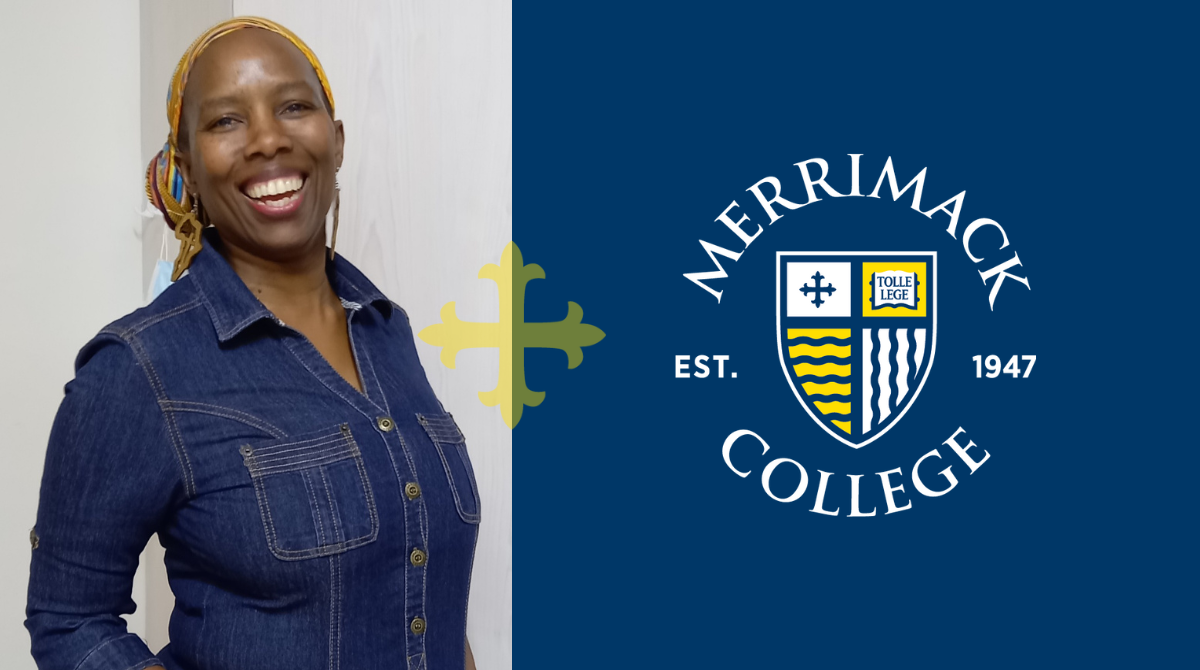The numbers don’t lie. Massachusetts is one of the best places to pursue a career in higher education.
Based on data presented by the U.S. Bureau of Labor Statistics (BLS), you could make a strong case that no state offers better higher education job opportunities than Massachusetts.
According to BLS figures for 2018:
The BLS projects higher education jobs to increase by about 7 percent nationwide over the next decade. So whether you’re just entering the workforce or already have an established career in higher education leadership, your prospects for professional growth are bright in Massachusetts.
While the higher education job market is growing, it’s also qualitatively changing in Massachusetts and across the country. As demographics, technologies and economic conditions evolve, universities and colleges are striving to attract and retain students from underserved populations, modify academic programs to fit the 21st-century economy and play a more dynamic role in their communities.
Jobs in higher education have evolved accordingly, according to Merrimack College professor Elaine Ward.
“The last 25 years have witnessed a pronounced shift toward public engagement,” says Ward, who leads the master’s degree program in higher education at Merrimack. “The next generation of higher education careers will both challenge and empower leaders to increase their institutions’ potential for democratic change.”
As recent Merrimack graduates have discovered, modern jobs in higher education require a combination of high-tech and high-touch skills. You can put your higher education career on a growth trajectory by cultivating the ability to:
Lance Faria, an academic adviser at Northeastern University, says a multicultural perspective is necessary to serve students from all backgrounds.
“My job is to meet each student where they are,” says Faria, who earned his higher education master’s degree from Merrimack in 2019. “If a student is first-generation to college, or if they come from a minority population or a low-income community, it’s going to affect their experience and possibly influence their choices. If I understand those influences, I can help students stay in school, earn their degrees and get started in their careers.”
Merrimack alumnus Rosana Urbaez (MEd ’16) discovered the perfect higher education career niche as director of a Merrimack-sponsored resource center called Hands to Help.
“My program is an example of how institutions can support student learning while simultaneously meeting community needs,” Urbaez explains. “About 95 percent of our volunteers are undergraduates. They tutor at-risk kids, teach adult ESL classes, provide tax assistance to low-income and immigrant families and participate in all of our other initiatives.”
Urbaez began working with Hands to Help during her master’s degree fellowship and became the full-time director after graduation. “The community really benefits,” she says, “and it’s a reciprocal benefit for our students because they get real-world experience.”
Evelyn Dina learned the value of new ideas while completing the capstone project for her master’s degree in higher education at Merrimack.
“I saw an opportunity to use the student conduct process to promote moral development,” she says. “I worked with Merrimack’s residence life team to implement a couple of reforms—first, to incorporate restorative justice into student-conduct hearings, and second, to include a civic-learning component that gives students a chance to offset misconduct by making a positive contribution in the community.”
The policies were so effective that Merrimack kept them in place after Dina graduated. She, in turn, launched similar reforms in her new higher education job.
“I was able to gain incredibly broad experience at Merrimack,” Faria says. “The holistic approach makes you better in your higher education career, no matter what area you end up specializing in.”
“Merrimack is an ideal place to branch out,” agrees Urbaez. “I took a course in academic advising, and that has really helped me at Hands to Help in tailoring the experience for each student. I took a course in higher education finance, and I’m finding it incredibly useful in my current job. I also learned about residence life and student wellness. It’s all connected.”
“I was able to gain incredibly broad experience at Merrimack. The holistic approach makes you better in your higher education career, no matter what area you end up specializing in.”
― Lance Faira, M.Ed. Higher Education ’19
Ultimately, Urbaez, Faria and Dina all believe their higher education jobs uphold the mission outlined by Elaine Ward: acting as agents of social justice and transformation.
“Working to better the community is what keeps me going,” says Urbaez. “I’m becoming more passionate about my career in higher education as I go deeper into it. I have always wanted to work with people and have an impact. So this is very rewarding.”
To talk to someone about our master’s degree in higher education, contact the Merrimack College Office of Graduate Admission.
Create your account to get started. Apply to start your Master of Education in Higher Education today.
"*" indicates required fields
Khanyisa Manzini M’25 splits her time studying remotely at Merrimack College and working as a community liaison manager for the Nelson Mandela University.

Notifications